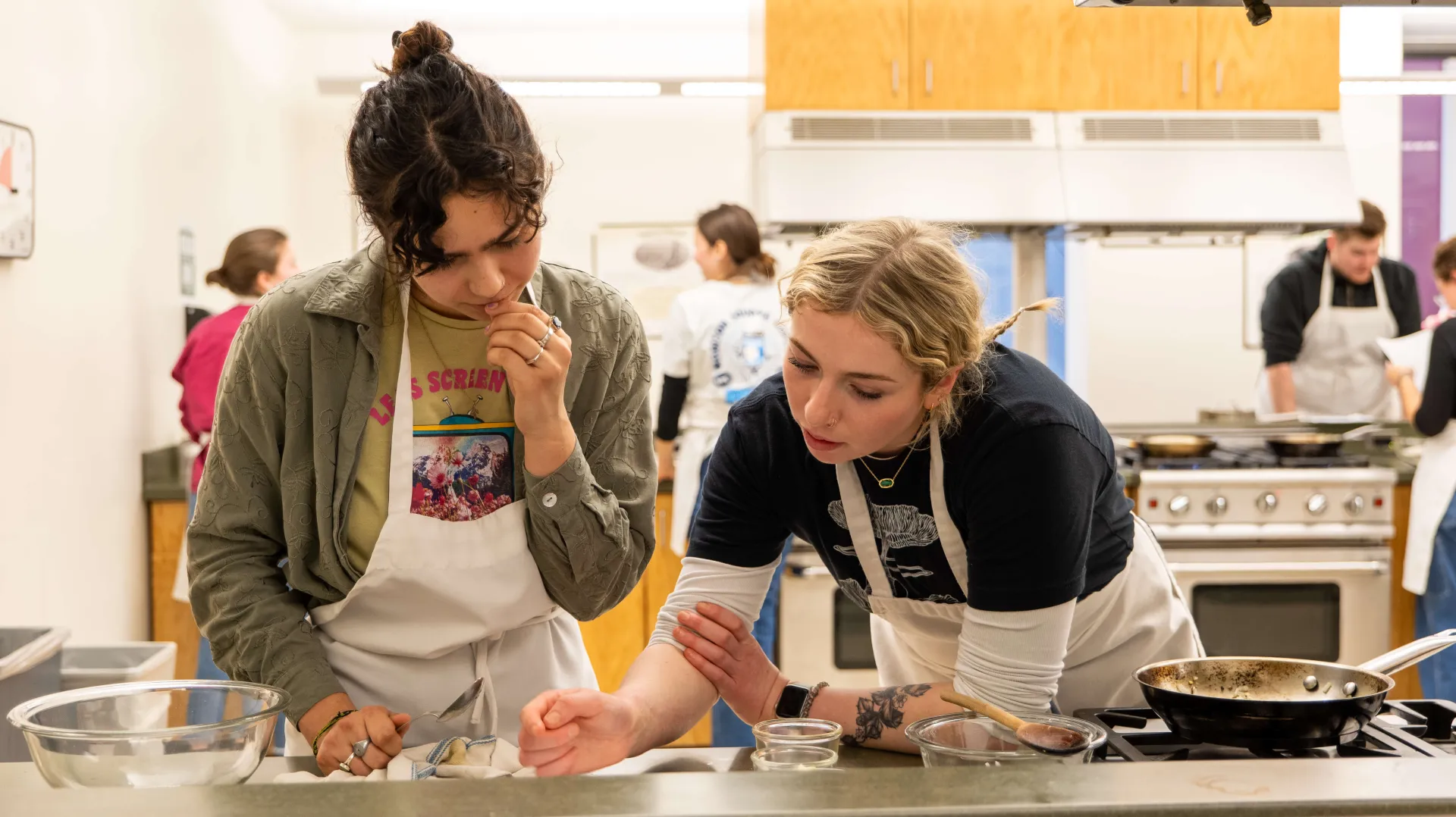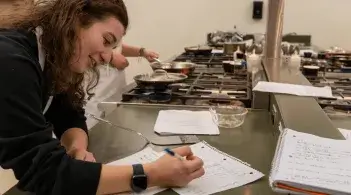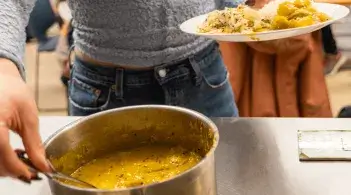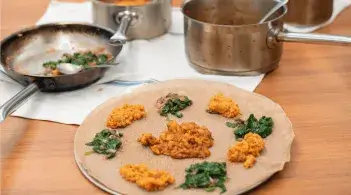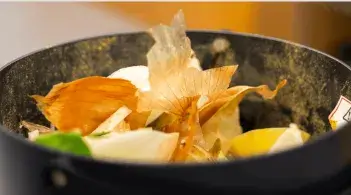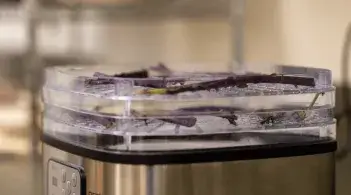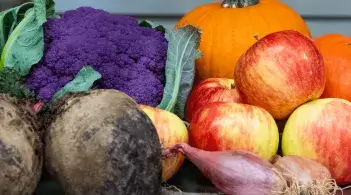The UVM Climate Kitchen is a maker's space for collaboration and experimentation to help us reimagine the connection between food and climate change. All researchers and learners are welcome to join us in a process of emergent discovery.
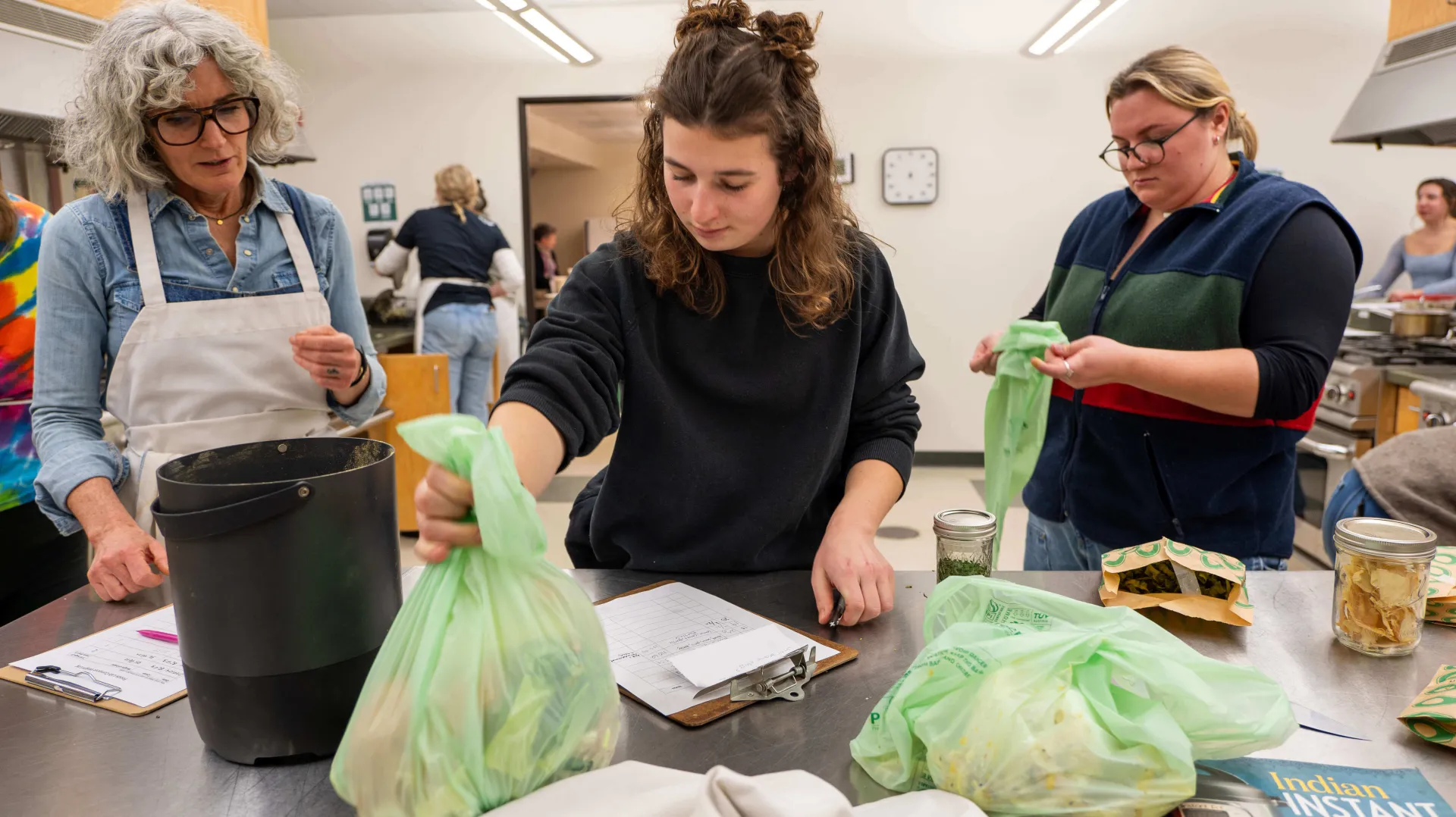
Our Vision
The Climate Kitchen brings together researchers, students, and communities at UVM and beyond to develop more sustainable practices – from sourcing, to cooking, to eating – using the kitchen environment as a living laboratory.
About Us What We DoFive Tenets for Building Sustainable Practices
For more information, contact Director Amy Trubek, atrubek@uvm.edu
The Climate Kitchen is funded by the Food Systems Research Institute.
